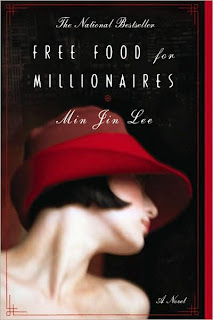An answer:
I find myself repeating this theory/advice over and over to other people, so I figured it deserves a place on the blog (plus I finally told Cha I was going to do it and she approved).
It's her theory and it's called The Greasy Pancake Theory.
Stay with me, because I promise it's good - like extra butter, extra syrup good.
The theory goes that when you end something BIG, like a relationship or a job, that has really defined a lot of your growth and experiences, you can't just rush into the next BIG thing - like another serious relationship or career. It's like when you wake up on a Sunday morning and decide to make a whole batch of pancakes. You get your big bowl of batter all ready, you turn on the stove, and you throw on a little bit of oil to grease the pan. Then you put batter in for one pancake which ends up soaking up more than half of the oil you put in making it pretty unappealing (or pretty appealing, depending on your pancake style), but as you push it around, it starts to spread the oil evenly around the pan, and when you finally take it out and flip the whole greasy, soggy thing onto a plate - or feed it to your dog - the pan is ready for all the other pancakes. The rest of the pancakes now have the potential to be perfectly unsticky and golden brown because the greasy pancake prepped the pan.
So now you may be wondering - what in my life is a greasy pancake?
It's that first, kinda dirty hook-up you have after ending a serious relationship, with someone who you're not interested in dating, but helps to (figuratively...) soak up the excess butter so when you do meet someone you're really into, you don't have all that extra grease and craziness left over from the last relationship.
Same thing with a job - it's that summer you spend waitress-ing instead of rushing into the next job that's just like your last job. This way you have some time to think about what you want, to reflect on what you had, so that when you start your new job you don't bring with you all the grease and routines from your last job and have a fresh new start.
But the most important part of the greasy pancake is that it's not permanent and does not have to be incorporated into your pattern - so embrace it in all its greasy, buttery goodness, but then keep making more...
~~~~~~~~~~~~~~~~~~~~~~~~~~~~~~~~~~~~~~~~~~~~~~~~~~~~~~~
"there are hundreds of ways to kneel and kiss the ground"
-Rumi

